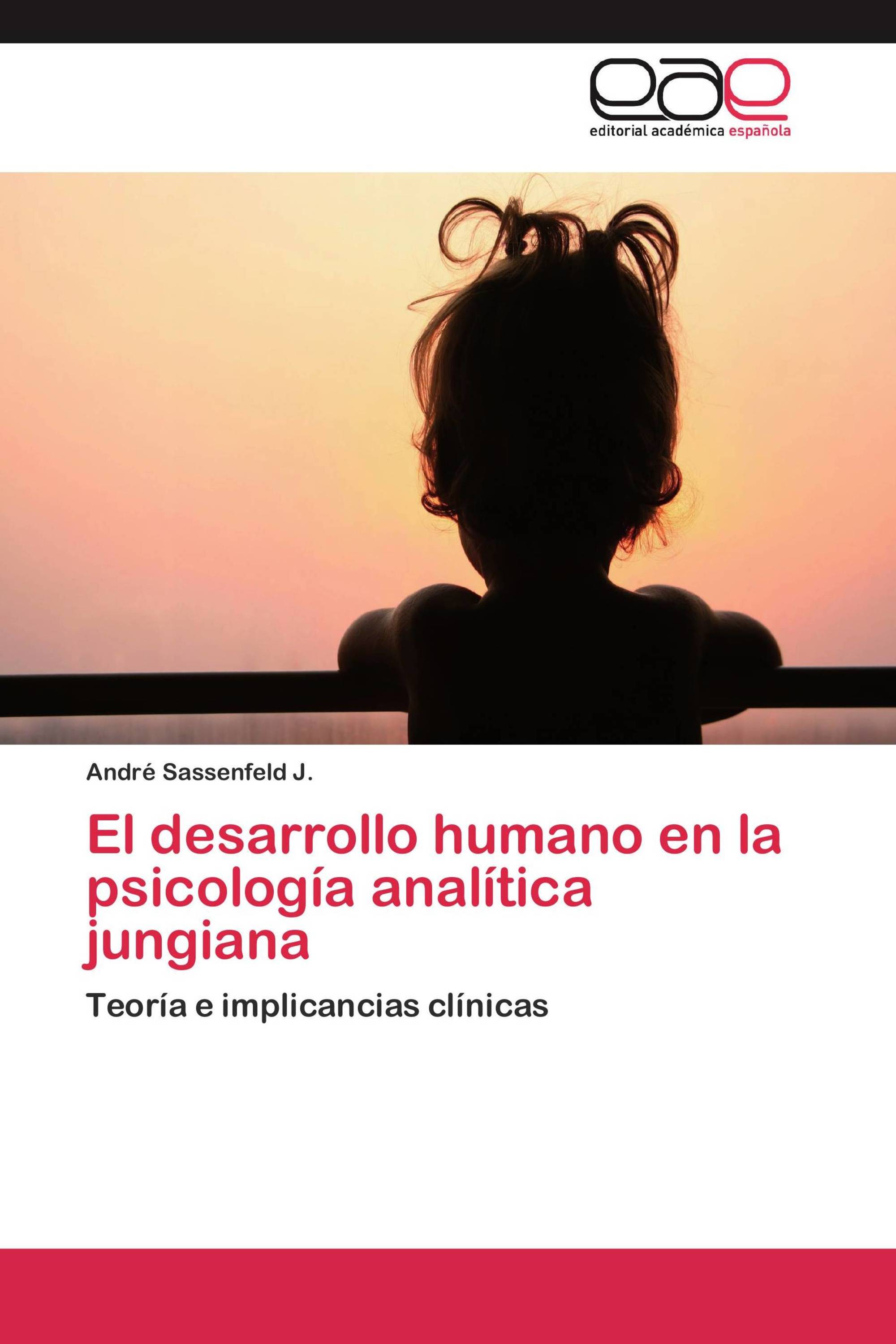
Es un proceso importante, que desde el punto de vista del impacto econ&243 mico, toma relevancia. Hace referencia al crecimiento que se genera en relaci&243 n al ingreso que es resultado de las condiciones sociales y econ&243 micas de un pa&237 s. Find many great new & used options and get the best deals for Las Teorias Del Desarrollo Humano Y Sus Implicaciones Educativas at the best online prices at.Departments: Evolutionary Educational Psychology2.1.1. Normalmente el campo no se refiere al anlisis de pases. Las teoras del desarrollo, entendidas en su sentido actual, pretenden identificar las condiciones socioeconmicas y las estructuras econmicas necesarias para hallar una senda de desarrollo humano y crecimiento econmico sostenido (productivo o no).
Para Piaget el desarrollo intelectual es un proceso de reestructuraci&243 n del conocimiento: El proceso comienza con una forma de pensar propia de un nivel.When the Subject finishes the students must be able for:Principales teor&237 as del desarrollo humano. Sus estudios pr&225 cticos los realiz&243 con ni&241 os. Piaget hizo hincapi&233 en comprender el desarrollo intelectual del ser humano.
Teorias Del Desarrollo Humano Professional Future Exercise
Conceptual Approach to Developmental Psychology and Education1.3. Developmental Psychology and Education in the context of psychological science1. Los servicios ambientales se definen como los beneficios que obtiene la poblacin humana de los.2- To understand the relation between Development, Learning, Education and Schooling.3- To value the necessity of knowing the development to exercise adequately the professional activity.4- To analyze the educational processes and to think critically on the purposes of the education and on the function that this practices in the life of people.5- To give the necessary instruments and to promote attitudes that ensures the students to implicate (in their professional future exercise) in processes of reflection and valuation of the own practice.6- To show interest and initiative to look for, to organize, and to analyze critically information relation with the contents of the Subject.7- To participate actively in the analysis and group discussions, to cooperate with other partners in the development of group works and to communicate with property and correction their own ideas and reflections.Part I. 1- To analyze and to value critically the main Theories of Development and Learning and their contributions to the education.y el desarrollo de las sociedades humanas. El psicoan&225 lisis de Sigmund Freud El enfoque que le da Freud con esta teor&237 a se basa en la impetuosidad inconsciente y en los efectos que esto genera en el.
Psychoanalytic and Ethological approach2.2. Theories of development and educational processes I2.1. Theoretical explanations of development and educational processes2.
Basic and complementary bibliographyBerger, K. Development research and teaching-learning processes. Constructivist approach as an explanatory model of educational processes5. The theory of meaningful verbal learning4.2. Theories of development and educational processes III4.1. Theories of development and educational processes II4.
Psicología de la educación escolar. Desarrollo psicológico y educación. Madrid: Editorial Médica Panamericana.Coll, C.
Madrid: Alianza.Marchesi, A., Palacios, J. Desarrollo psicológico y educación: Vol. Madrid: Siglo XXIPalacios, P., Marchesi, A.
Infancia y adolescencia (Cap. Psicología del desarrollo. Psicología de la Educación. Madrid: Alianza.Sampascual, G.
Desarrollo del niño y del adolescente. Perspectivas sobre el desarrollo psicológico: teoría y prácticas. México: Pearson.Depending on the health situation, the basic bibliography may changes to allow it to be adapted to telematic teaching scenarios (See "Observations")Barajas, C., De la Morena, M.L., Fuentes, M.J.


Are provided for some field practices allowing them to the pupils in contact with real situations and familiarize yourself with the application of some instrument of evaluation, so how to use any of the studying approach more employed for the collection of development data. Indirectly, the students will also exercise their skills to work cooperatively, to defend their own ideas, accept others, integrate arguments and reach agreements.SEMINARS-PRACTICES. In addition, the Working Group will facilitate the confrontation of different points of view and the development of shared meanings. It is that you learn to extract information from scientific sources, synthesize the information obtained, produce a written work of academic character, and transmission and oral defense of the thesis. Students undertake, in small groups and independently, a monographic work on a topic. Students must answer them in class and will receive at the end with the correct answer feedback so they can assess their level of understanding and knowledge.WORK ON A TOPIC.



 0 kommentar(er)
0 kommentar(er)
